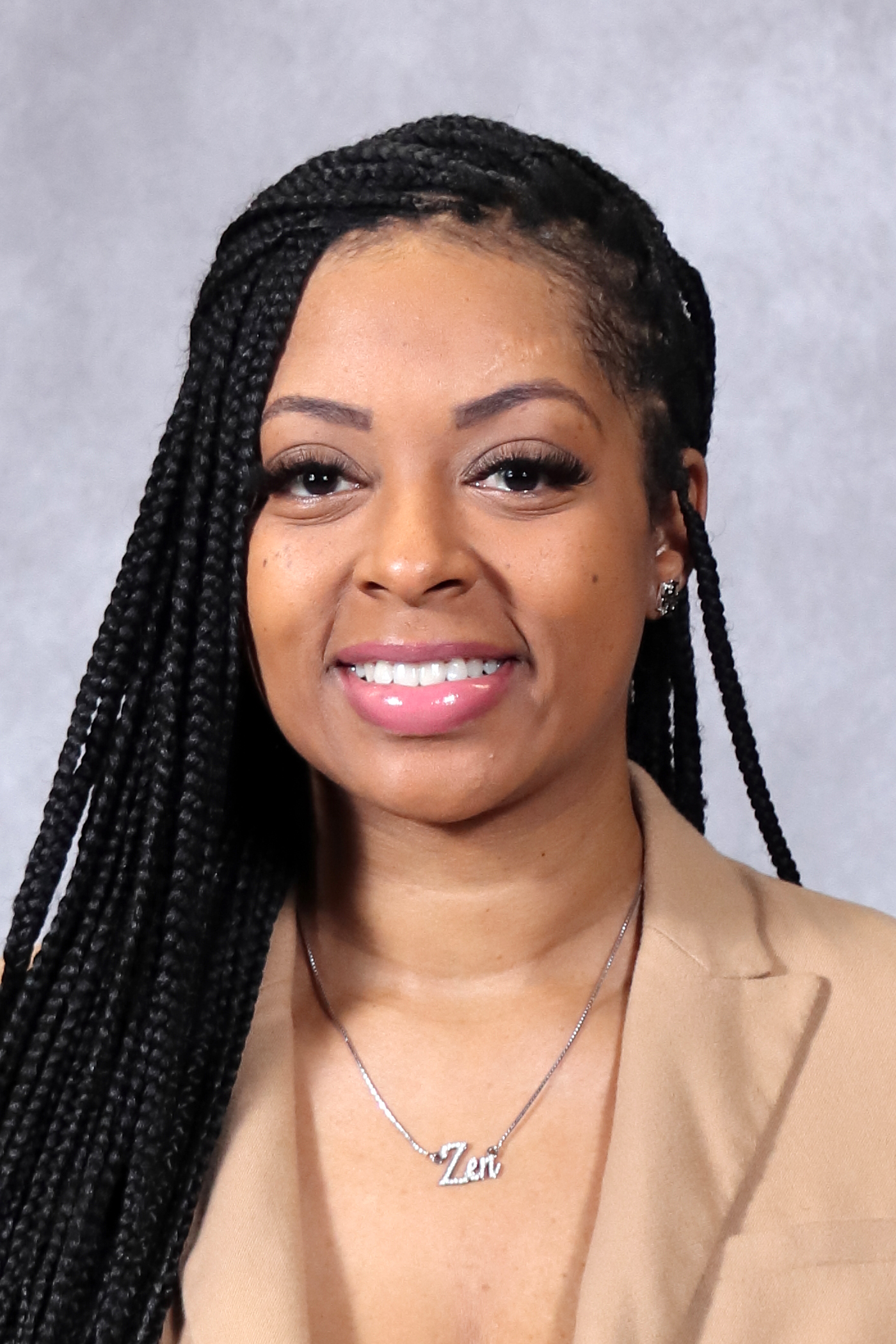 The start of a new academic year is upon us already! I am always surprised (and saddened) by how quickly the summer months fly by, but the excitement of student move-in and campus activities is always infectious.
The start of a new academic year is upon us already! I am always surprised (and saddened) by how quickly the summer months fly by, but the excitement of student move-in and campus activities is always infectious.
While we’re in the spirit of welcoming students to campus, I wanted to send a friendly reminder of being intentional in understanding who our students are beyond numbers. This will be particularly important as we consider the thousands of first-generation college students joining our Spartan community this fall.
MSU defines a first-generation college student as a higher education student whose parent or parents did not earn a bachelor's degree. Often when we speak of first-generation college students, we focus on what they lack or don’t have, such as institutional navigation skills. While it’s true there may be such areas that first-generation college students are naïve to, as I was starting my first day on MSU’s campus almost 20 years ago (yikes!!), there is power to leverage in this naivete as faculty and staff today. It gives us the chance to consider why things are done in the way they are and reflect on if this is the way we should continue forward.
Rather than focusing on and tracking the ways first-generation students are “deficient,” let’s shift our mindset to how we as an institution can safeguard them from certain shortcomings—continuously being told the ways you are expected to fail is not exactly motivating. Words have the power to shape both how we view ourselves and how we view others, so even slight changes can have an impact. Learning more about the alternate cultural capital first-generation students inherit and contribute can be a great starting point. If we focus on differences, rather than deficits, we can work more intentionally on moving the needle forward with closing opportunity gaps for current and future Spartans.
I look forward to joining in on this effort with you and wish everyone a great start to the new academic year.
Go Green!